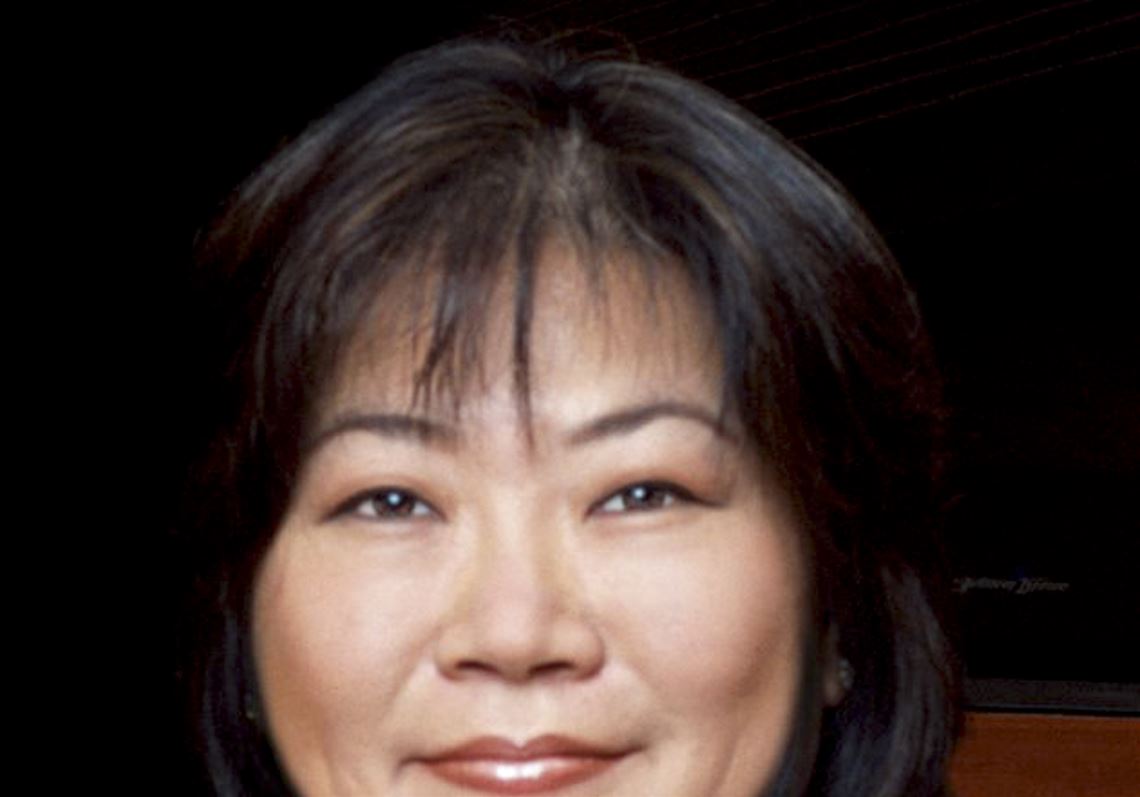When Angela Cheng first learned Schumann’s Fantasie in C Major, Op. 17, as a teenager, the pianist felt she knew the piece inside and out. But in the subsequent decades, she has revisited it twice, and each time she has discovered new dimensions to the solo piano work.
There was the musical: Playing chamber music and concertos by Schumann deepened her understanding of the composer and altered her interpretation of the music. And then there was the personal: As a teen, “Maybe I let more of my heart and less of my brain work at that point,” she said, and getting married and raising two daughters presented a parallel trajectory with the composer’s.
Presented by: Steinway Society of Western Pennsylvania.
Where: Kresge Theatre, College of Fine Arts, Carnegie Mellon University, Oakland.
When: 3 p.m. Sunday.
Tickets: $20, $15 for seniors, $10 for students, free for Steinway Society members and CMU students, at the door. Additional information at www.sswpa.org.
Robert Schumann wrote the piece during a period of separation from his soon-to-be wife, Clara, and the score includes messages for her. He told her that the work’s first movement was “the most passionate I have ever composed,” and it quotes the Beethoven song cycle “An die ferne Geliebte” (“To the distant beloved”).
While Ms. Cheng prioritizes the score above all, “I think you can’t help but see things a little differently knowing what they’ve gone through,” she said.
“Now, having had children, they’re a bit older now, I kind of see a return of understanding the kind of love and the kind of feelings he had for Clara.”
The Canadian pianist will return to that work during a recital Sunday presented by the Steinway Society of Western Pennsylvania at Carnegie Mellon University’s Kresge Theatre.
The performance opens with Mozart’s Sonata in C Major, K. 330, followed by the Schumann, Schubert’s Sonata in A Major, D.664, and Prokofiev’s Sonata No. 2 in D Minor, Op. 14.
Ms. Cheng, a gold medalist at the 1986 Arthur Rubinstein International Piano Master Competition, studied with Menahem Pressler at Indiana University and Sascha Gorodnitzki at Juilliard. Over the past six years, she has collaborated extensively with Pinchas Zukerman in chamber and orchestral music. Today, she maintains a busy schedule that includes solo recitals, chamber music, concertos and a teaching position at Oberlin, where her husband, Alvin Chow, chairs the piano department.
“At one point, we had three [pianos], because our daughters played for a little while, but they’ve retired now,” said Ms. Cheng, 55.
In her view, the various skills complement each other. “To play chamber music, to be able to listen and to learn how to balance yourself and to be giving and sometimes taking, it’s similar to when you play with orchestra, except on a large scale,” she said. “And that’s the thing with pianists — and I have the same problem — I didn’t play any other instrument, at least not well enough to play in the orchestra setting, and I remember the first time playing a concerto, it was just so foreign to me,” particularly the notion of working with a conductor and a large ensemble.
Teaching and performing complement each other, too; she hopes her students appreciate that she personally understands the nerves and preparation that come with live performance, while articulating ideas about music helps her own performance practice.
Despite the busy schedule, returning to favorite works like the Schumann remains a luxury.
“I hope, knock on wood, that I can do this again in 20 years … see what else I’ve missed,” she said. “I don’t think I’ve discovered everything. I think there’s still a lot to learn.”
Elizabeth Bloom: ebloom@post-gazette.com or 412-263-1750. Twitter: @BloomPG.
First Published: April 9, 2015, 4:00 a.m.















